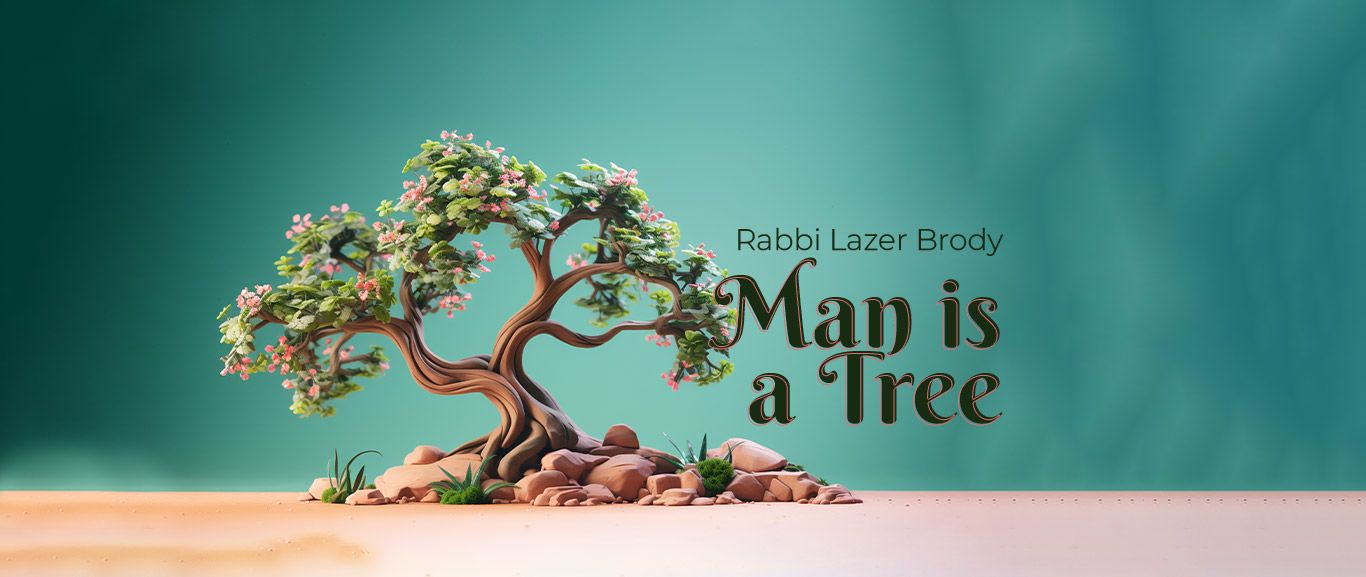
Tu B’Shvat: Man is a Tree
Trees give so much to the world but take so little for themselves. We learn ten important lessons in life from them; no wonder the Torah compares man to a tree…

I love trees. My favorite subjects in my agriculture studies at The University of Maryland were deciduous orchards and forestry. With Hashem’s loving help, I put those subjects to good use as a tree-fruit farmer here in the exquisite Land of Israel. To this day, I love doing hitbodedut among the trees of the field. That’s no wonder: Perek Shira (The Song of Creation) teaches us that the trees are always singing songs of praise to Hashem and Rebbe Nachman of Breslev writes that when we pray to Hashem in personal prayer out in the field, the trees join in our prayers.
Yet, we still must ask: What’s so significant about trees that we celebrate their New Year?
The Torah says, “Man is a tree of the field” (Deuteronomy 20:19). How so? We learn ten important lessons in life from trees:
- Trees almost always have a positive influence on their environment. They give shade, fruit, wood, shelter to birds and animals, aerate the soil, prevent erosion, insulate against noise, and more. Trees are therefore givers, and givers come from the side of holiness; therefore, trees are holy.
- The tree takes from this world nothing other than the barest minimum that it needs for basic survival and for developing fruit, that is, minerals and moisture from the soil, sunlight, oxygen from the atmosphere, and nothing more.
- Trees that are charitable with worthy creatures, such as bees, benefit. If a tree is charitable to an unworthy creature, such as a parasite, it suffers.
- The deeper a tree’s roots penetrate, the more vitality it has. Similarly, the deeper a person is connected to his own roots, the more vitality he has.
- The wider a tree’s roots spread, the better it’s anchored. As such, a wide knowledge of one’s roots – or Torah, in the case of a Jew – anchors him against the cruel dry winds of a decadent society.
- The solution for a diseased tree is to severely prune its limbs, so that the tree will renew itself by sprouting healthy limbs. Likewise, since most character flaws stem from arrogance, a person should “prune” himself, that is, reduce his ego to make renewed, healthy emotional growth.
- If a tree is allowed to bear fruit during its first three years, it will lose both longevity and subsequent yield potential. As such, a tree shouldn’t waste its power giving orla, or forbidden fruit, during its first three years. Man should also not waste his power on transgressing Torah and producing forbidden fruit, Heaven forbid.
- A tree without water fails to give fruit at first, or it gives shriveled and stunted fruit. Later, it becomes exposed to pests and to disease, and ultimately, it dies. The Torah is likened to water; without it, a Jew won’t reach his or her peak potential, will be exposed to all sorts of stress, anxiety, and emotional ills, and ultimately, will die a spiritual death, heaven forbid.
- Every tree bears its own particular type of fruit; one bears apples, another pears, and still another peaches. Each type is consistent in the fruit it bears, and each has its own importance and place in the world. The same goes for people – some are soldiers, some are Torah scholars, some are day laborers, and others are professionals. Each variety of people is necessary and has its own importance and place in the world.
- Trees never despair. If they’re chopped down and even the slightest roots remain, they’ll sprout anew. As such, the Jewish people never need to despair. As long as we cling to our roots – no matter what tragedy befalls us – we always sprout anew.
King David knew the above secrets when he likened the tzaddikim (righteous) to trees, and said, “A tzaddik will flourish like a date palm and grow tall like a cedar!” If we want to be tzaddikim, we should emulate the trees.
Tu B’Shvat is the day to pray for the coming year’s fruit, and especially for a kosher and beautiful etrog this coming Sukkot.
Happy Tu B’Shvat from the land of milk and honey, where the almond trees are now blossoming in all their splendor.


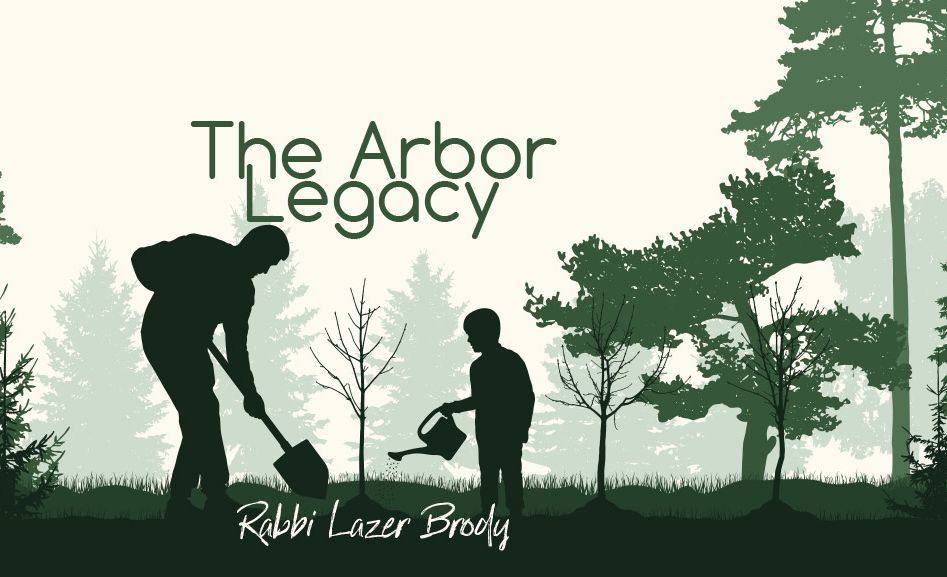
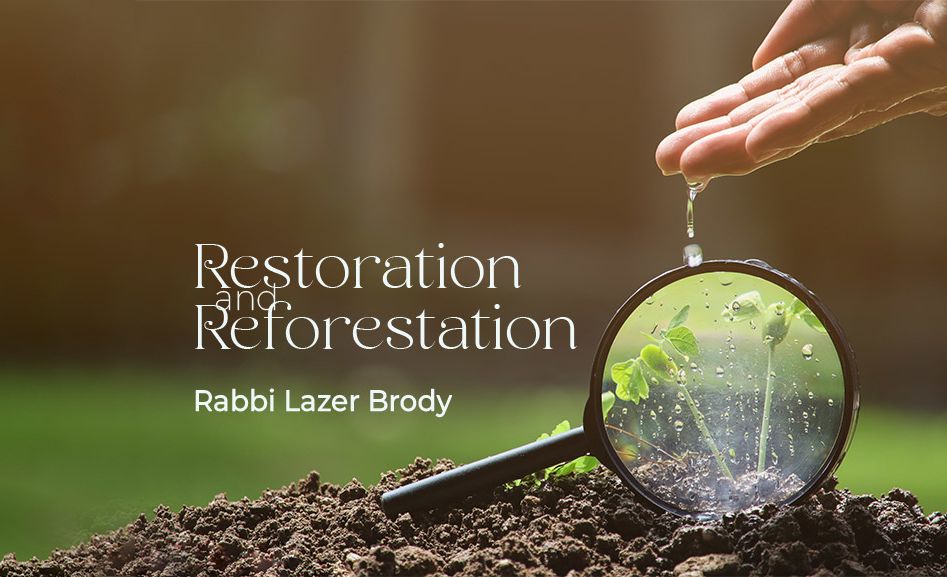
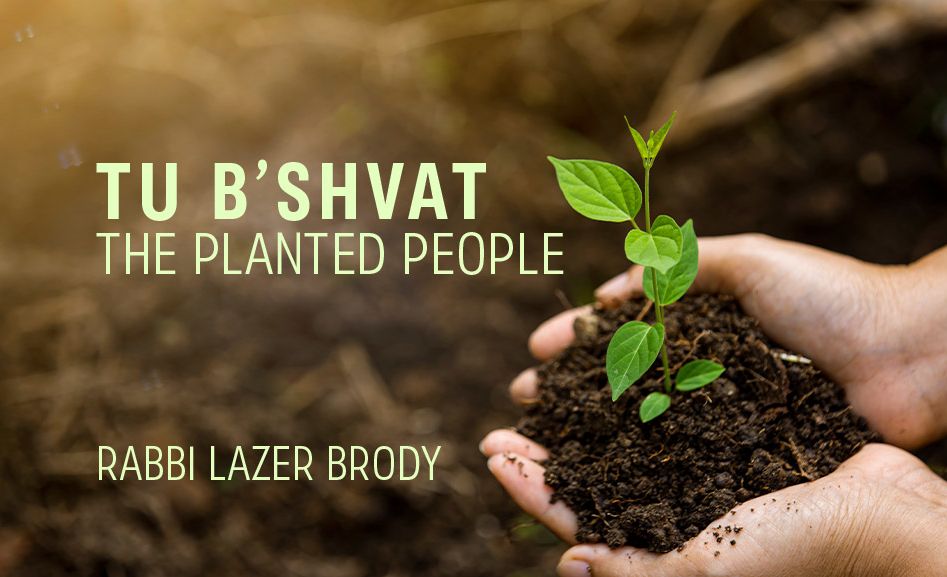
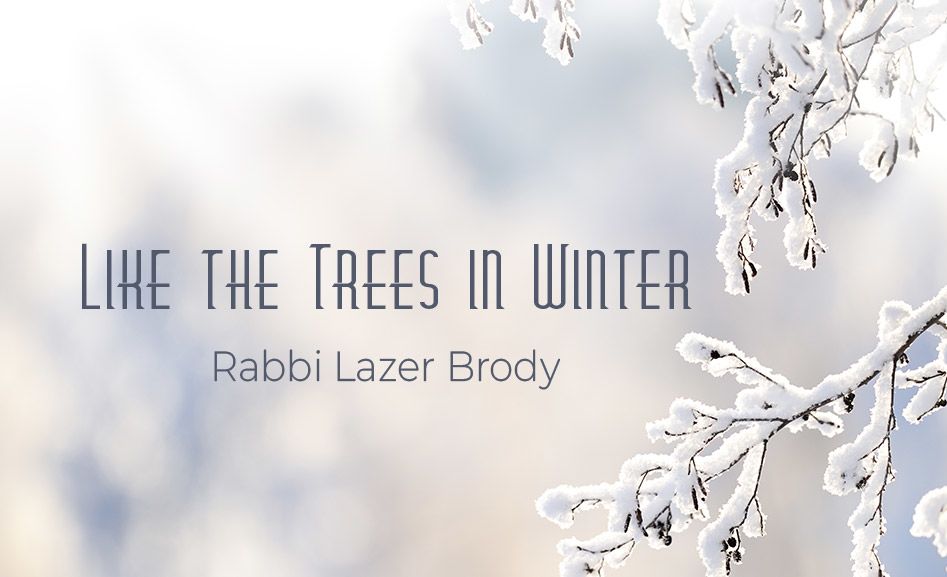
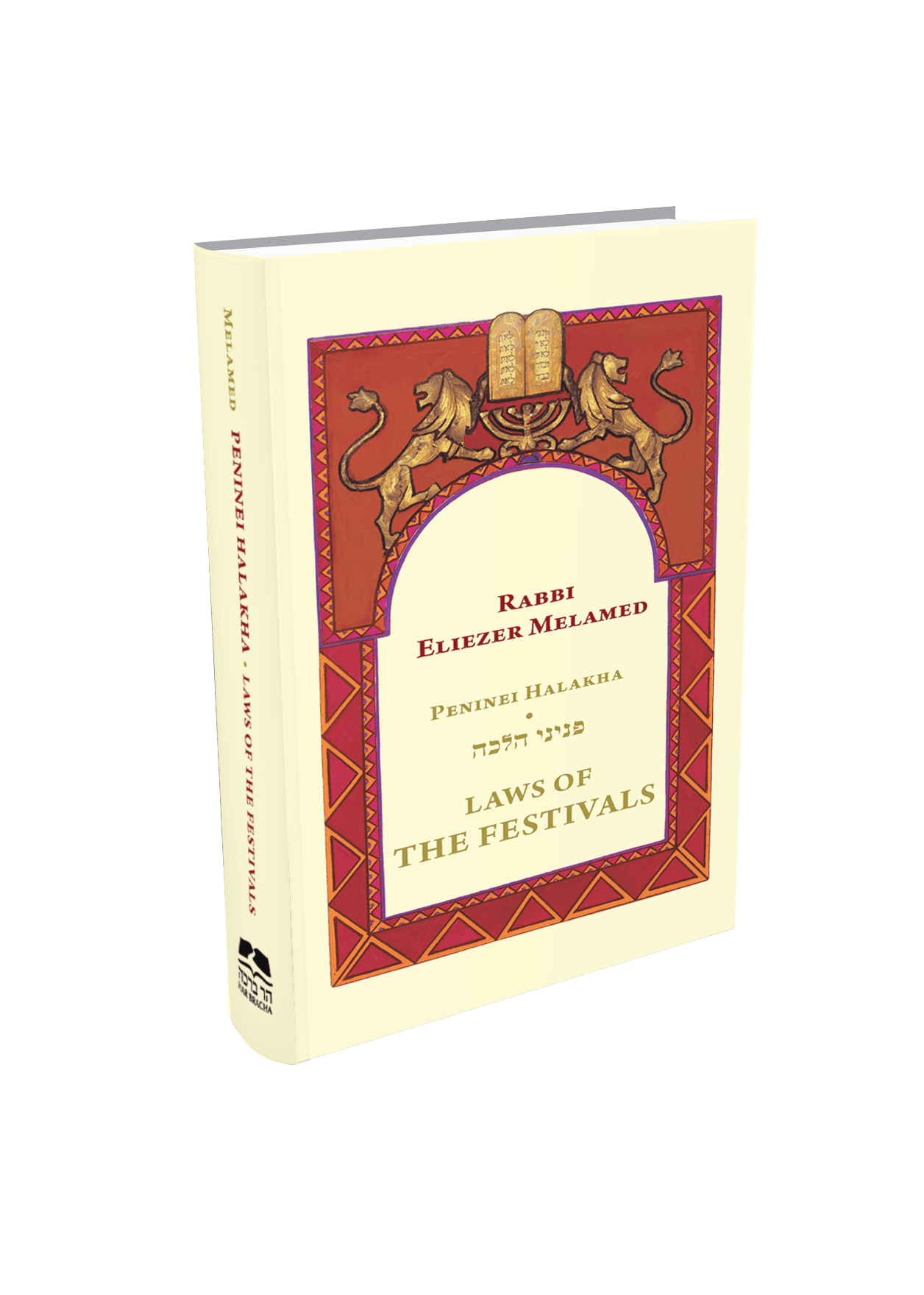
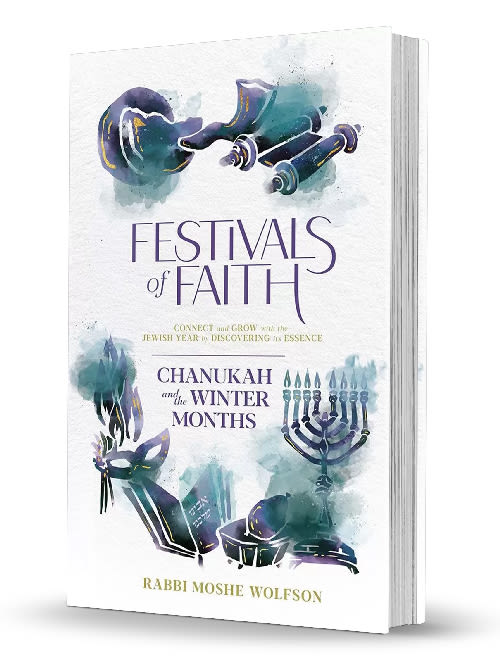

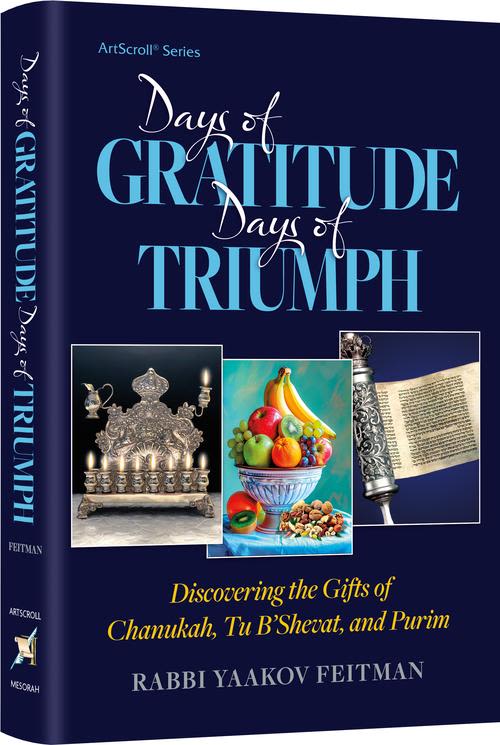
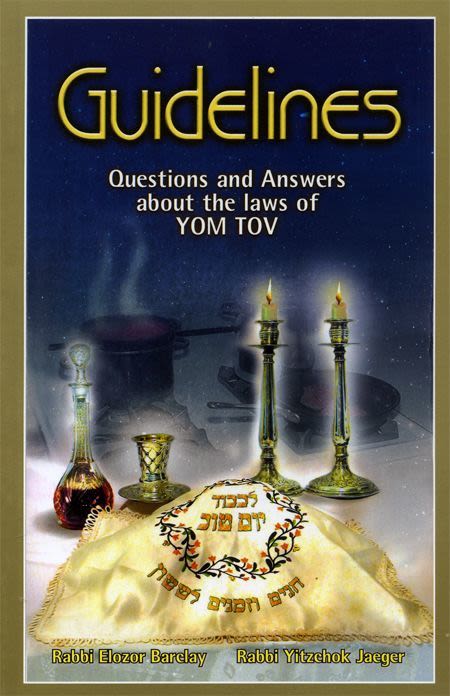

Tell us what you think!
Thank you for your comment!
It will be published after approval by the Editor.